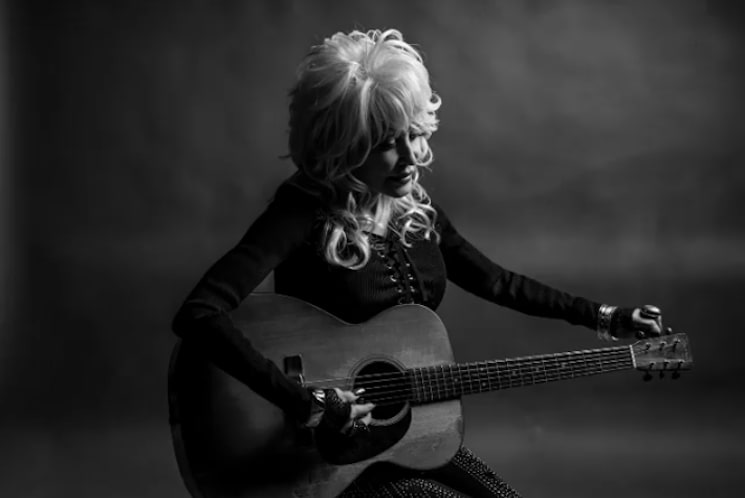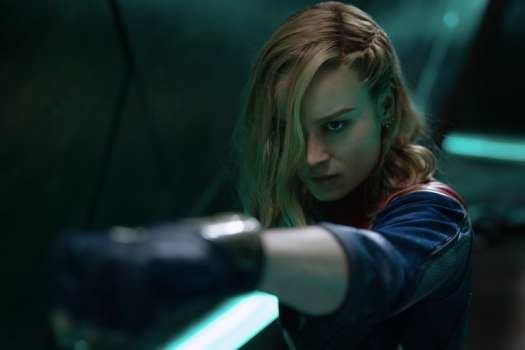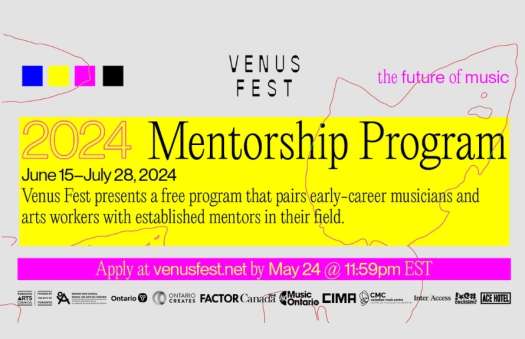All Dolly Parton does is make history. (And, occasionally, dog wigs.) Whether it's reuniting the Beatles or funding COVID-19 vaccines, the big-hearted and big-haired icon has been enjoying continued relevancy that will surely carry on for however many years we have left on this planet. That being said, she doesn't want to overstay her welcome technologically.
In a press conference promoting her forthcoming debut rock album, Rockstar, Parton was asked if she would ever consider going all ABBA: Voyage and utilizing holograms to keep a virtual likeness of herself touring — even after she dies [via The Independent].
"I think I've left a great body of work behind," she said. "I have to decide how much of that high-tech stuff I want to be involved [with] because I don't want to leave my soul here on this earth."
Parton added, "I think with some of this stuff I'll be grounded here forever… I'll be around, we'll find ways to keep me here." And naturally, she also joked that "everything" about her — including "any intelligence" — was already artificial anyway.
It's been over a decade of people possessed by the strange ideation that we should use technology to create digital replicas of musicians, especially those who have passed, and tout them around on tour. Hologram versions of the likes of Amy Winehouse and Roy Orbison and Buddy Holly have gone out on the road after their respective deaths, while still-living acts like ABBA and Our Lady Peace are experimenting with the same scientific advancements for their live shows.
And the conversation has only proliferated given AI's permanent residency in cultural dialogue. Earlier this year, Linkin Park's Mike Shinoda put it succinctly, expressing that he thought performing with a hologram of the band's late vocalist, Chester Bennington, would be "creepy."
In a press conference promoting her forthcoming debut rock album, Rockstar, Parton was asked if she would ever consider going all ABBA: Voyage and utilizing holograms to keep a virtual likeness of herself touring — even after she dies [via The Independent].
"I think I've left a great body of work behind," she said. "I have to decide how much of that high-tech stuff I want to be involved [with] because I don't want to leave my soul here on this earth."
Parton added, "I think with some of this stuff I'll be grounded here forever… I'll be around, we'll find ways to keep me here." And naturally, she also joked that "everything" about her — including "any intelligence" — was already artificial anyway.
It's been over a decade of people possessed by the strange ideation that we should use technology to create digital replicas of musicians, especially those who have passed, and tout them around on tour. Hologram versions of the likes of Amy Winehouse and Roy Orbison and Buddy Holly have gone out on the road after their respective deaths, while still-living acts like ABBA and Our Lady Peace are experimenting with the same scientific advancements for their live shows.
And the conversation has only proliferated given AI's permanent residency in cultural dialogue. Earlier this year, Linkin Park's Mike Shinoda put it succinctly, expressing that he thought performing with a hologram of the band's late vocalist, Chester Bennington, would be "creepy."




